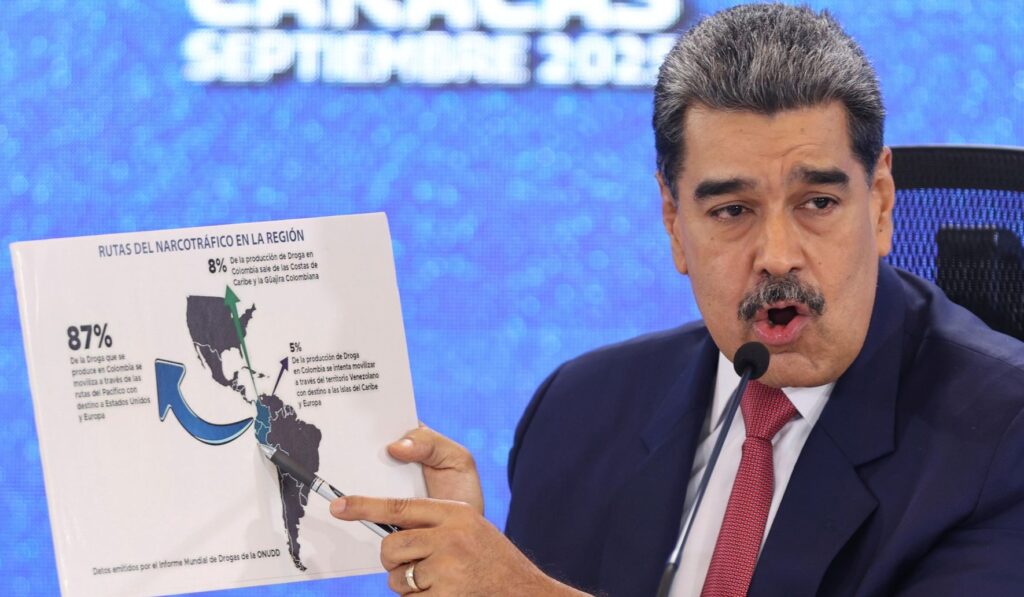Venezuelan citizens are focused on everyday survival as tensions between the United States and the Nicolas Maduro regime rise, forcing ordinary people to prioritize income, food, and basic services over political debate.
Across Venezuela, daily life is dominated by economics rather than slogans. Long lines for food and medicine, intermittent electricity, and shrinking public services have pushed people into survival mode. Families measure success in meals and minutes of power, not in political victories.
Markets that once worked have become informal and improvised. Farmers and small vendors sell whenever they can, often for cash or in barter, while official supply chains fail to respond to demand. This improvisation keeps neighborhoods functioning even as formal institutions falter.
The currency has lost value and access to basic goods is unpredictable, which means planning ahead is nearly impossible for many households. In response, people take multiple small jobs, rely on neighbors, or stretch scarce resources as far as they can. Those who can, send relatives abroad or seek work across the border.
Remittances and informal transfers now cushion a lot of the damage, with money from relatives abroad becoming a lifeline. Migration has reshaped families, as adults leave to find work and children stay with extended kin. That movement changes communities and creates a steady flow of information, goods, and expectations back into Venezuela.
The rising confrontation between the United States and the Nicolas Maduro regime complicates this reality, because external pressure can both weaken the regime and hit ordinary people. From a Republican perspective, firm pressure on corrupt officials is necessary to restore accountability and to stop the violent and kleptocratic behavior that created the crisis. Republicans argue sanctions should be targeted, sustained, and paired with clear policies to protect humanitarian aid and promote real political change.
Humanitarian needs remain severe, and any political strategy must reckon with how aid reaches the Venezuelan people. Experience shows that aid can be diverted by the state or by criminal networks unless distribution is transparent and monitored. Republicans emphasize oversight and insist humanitarian channels be insulated from regime interference so assistance actually reaches families in need.
Local coping mechanisms have become sophisticated, with community networks filling gaps left by government services. Neighborhood initiatives, church programs, and privately organized food distributions keep people afloat. Those grassroots responses reveal a civil capacity that can survive hardship and, over time, may be a foundation for broader reform.
Regional repercussions are real, and neighboring countries continue to deal with migration, security, and economic strain. Weak governance in Venezuela has given space to organized crime and profiteers, which raises concerns about cross-border trafficking and instability. The Republican view stresses that restoring rule of law inside Venezuela would reduce those regional pressures.
Politics in Venezuela will ultimately be decided by Venezuelans, but external actors matter in how quickly conditions change and who benefits from those changes. Republican policymakers tend to favor pressure that narrows the regime’s options while protecting civilians and supporting institutions that can replace corrupt power structures. For now, Venezuelans remain focused on the practical questions of feeding their families, preserving what income they have, and finding small, daily ways to keep going.



